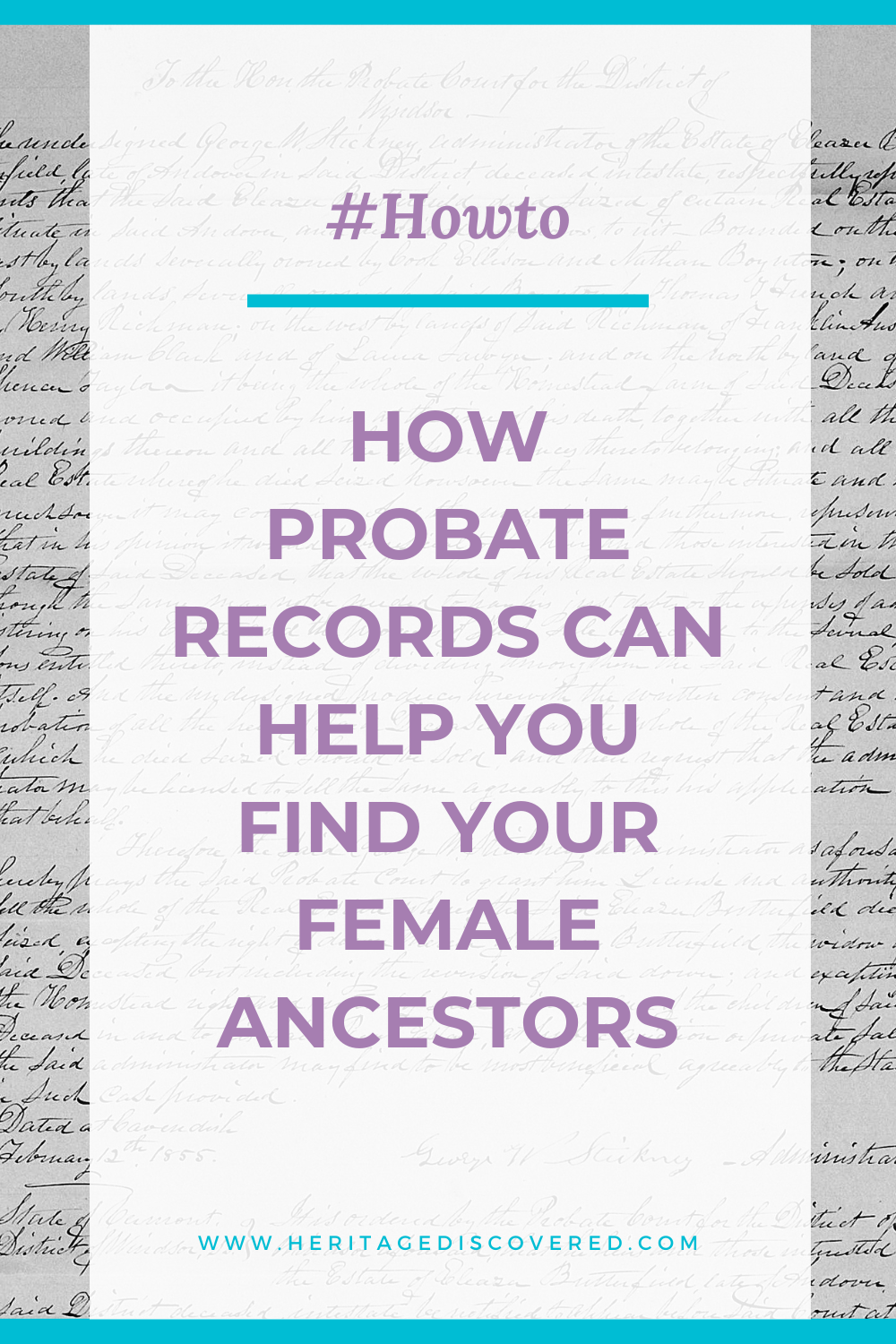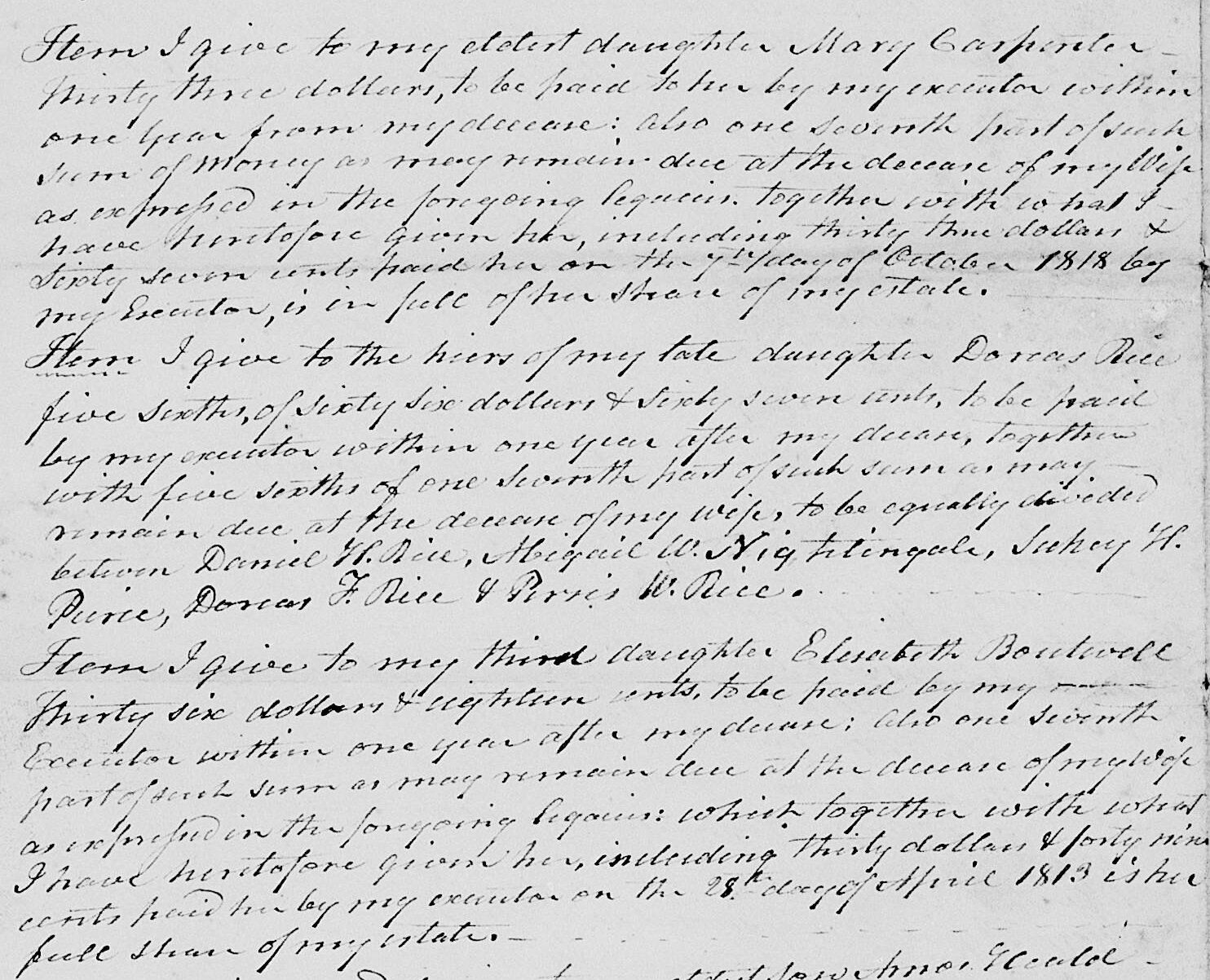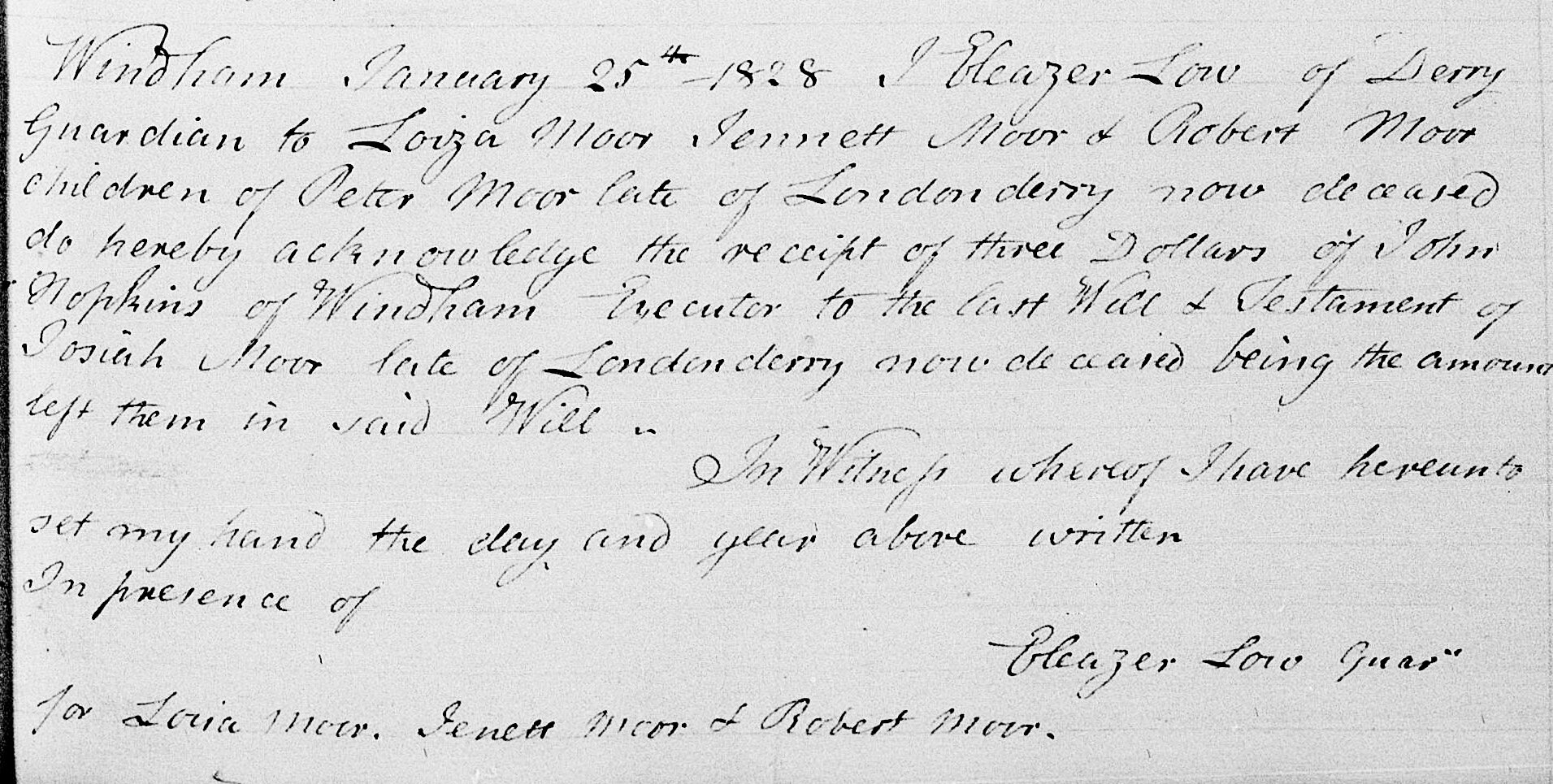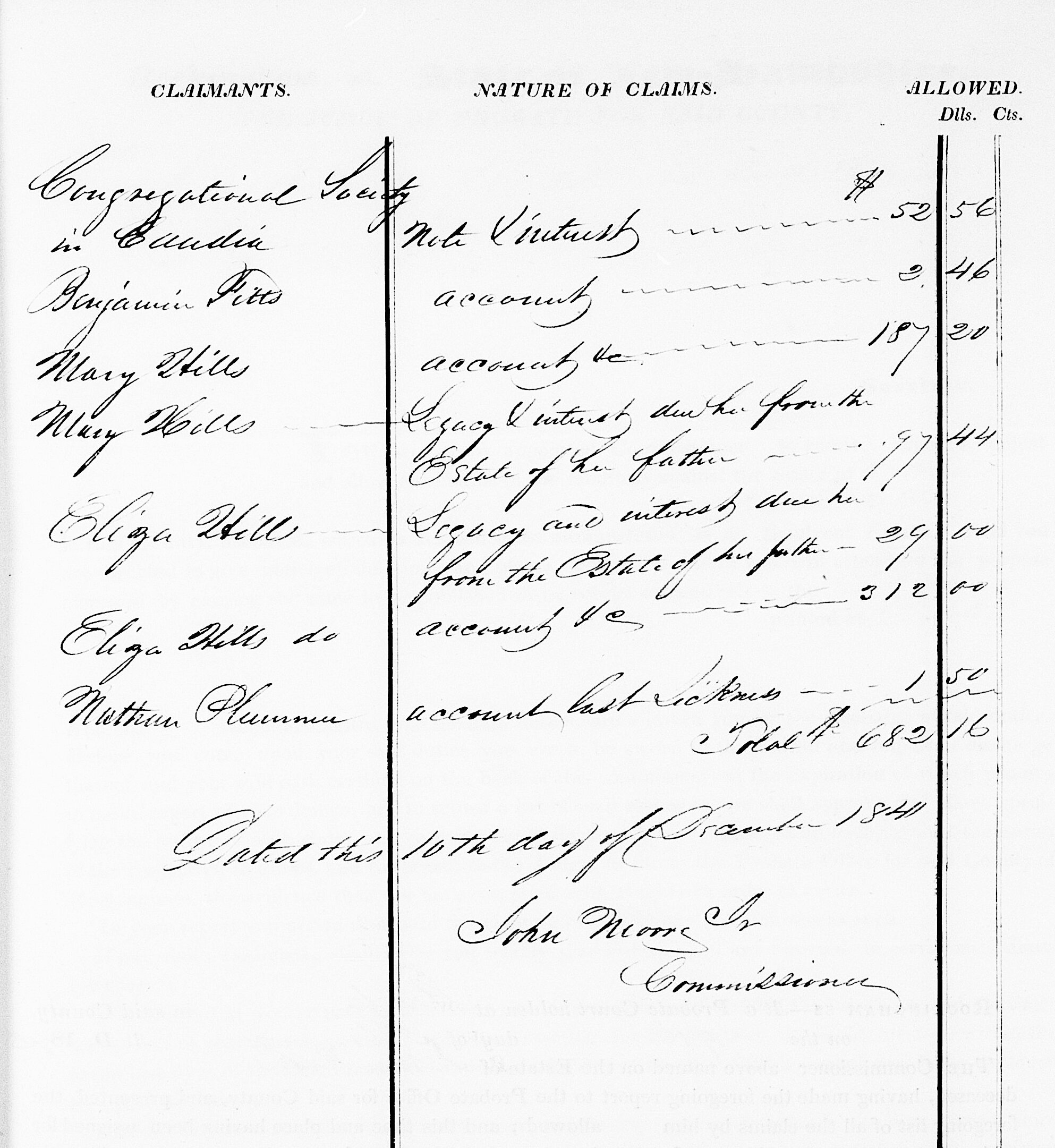How Probate Records Can Help You Find Your Female Ancestors
*This post may have affiliate links, which means I may receive commissions if you choose to purchase through links I provide (at no extra cost to you). All opinions remain my own.
Finding female ancestors is often a big challenge for genealogists.
Women changed their surname when getting married – sometimes more than once!
Depending on the time, they couldn’t own property, serve in the military, and in general left behind fewer records than men.
Women ancestors are especially hard to trace the further you go back in time (hello pre-1850 censuses!).
One way to get around these challenges is to research the men in a woman’s life to see what you can uncover about them. And one type of resource that is great for that is probate court records.
But first things first. What’s a probate record? Probate is the process of administering someone’s estate when they die.
Women didn’t often have their own estate records but that doesn’t mean they’re not mentioned in those of other people.
You can often investigate the women in your family tree through the estates of their husbands, brothers, fathers, and sons.
Related posts:
How And Why To Research Your Collateral Ancestors
5 Things To Look For In Probate Records To Help Trace Your Ancestors
Women and inheritance law
To touch very briefly on inheritance law, throughout much of our early history, married women couldn’t leave a will unless her husband approved.
Colonial law followed the English common law system, where wives were dependents of their husbands. This meant they couldn’t own property in their name or be the guardian to minor children if her husband died. She couldn’t even control any money she received, inherited, or earned.
But women did have the right to dower, which gave them control over any property they brought into the marriage. It also gave them the use of one-third of the husband’s estate, but only during her lifetime.
This began to change in the 1800s, when some states gave wives control over property they had received or inherited. They were also allowed to bequeath their property. By the 20th century, women began to receive more rights overall, including greater rights than children in estates that didn’t have a will.
While the laws around married women and inheritance are complex, widowed, divorced, or single ladies are more likely to have created wills, depending on the time.
But even if ladies generally didn’t have probate files themselves, they were often identified in those of the men closest to them.
How to use probate records to find female ancestors
Wills and probate records are incredible resources for genealogy, but even more so to discover more about the ladies in your family. These sources can be the missing link to learning important facts like the first name of a wife or the married name of a daughter.
To use these documents, it can be a good idea to first put together a list of when and where the men in her immediate family died. This will help you search for the files more efficiently.
After you’ve made the list, begin looking for the estate packets for each of those men. Some are online, but some are still only at the local courthouses.
There are often several pieces to these files, but the ones that are most likely to name females are:
Wills
Guardianships
Letters of administration
Distributions
Dower records
Wills
Not everyone had a will. Some people died intestate – without a will.
Wills, for me, are the holy grail because they give so much information about family relationships. You can learn about wives, children, and siblings.
Unfortunately, sometimes wives won’t be named and the document will only say “my beloved wife” or something similar, which isn’t very useful!
But, children, including unmarried and married daughters will often be named. You can learn not only their married surname but the name of their husband and sometimes the place they were living. You can even learn the birth order of the children.
But keep in mind, not all children may be in a will. Sometimes kids were left out if they had already received money or property.
You may even discover a mother’s name in a will, especially if a man died without children.
The will of Daniel Heald above names his “oldest daughter Mary Carpenter”, “the heirs of his late daughter Dorcas Rice”, and his “third daughter Elisabeth Boutwell”.
Guardianship records
When men died leaving minor children, guardianship documents can put a name to daughters, as well as other children and relatives. Guardians were appointed for minor children (usually under 21) to oversee their inheritance until they were older. Their mother could be named as a guardian, so you may come across her name, but it was usually one of the husband’s brothers or a close male family friend.
This guardianship notes the children of Peter Moor: Loiza Moor, Jennett Moor, and Robert Moor.
Letters of administration
Letters of administration were created when a person died without a will. In these cases, an administrator or administratrix was appointed, and the letters said they’d be responsible for the estate.
The letters are valuable because they may mention property that was going to be given out, and to which heirs. You can then discover the names of widows and daughters.
Distributions
Distribution papers were created after an inventory of the estate was taken and appraised, and everyone had received their shares. These documents list the heirs and what they received.
This distribution for John Hills names daughters Mary and Eliza.
Dower documents
Dower documents tell us the wife of the deceased and the land the man owned. This is great not only for learning the name of the wife, but getting a description of the property, especially if you can’t find a deed.
African American female ancestors and probate records
For people researching their African American heritage, probates are very valuable to use in general, but are good for identifying female enslaved ancestors.
While not all the women may have last names in these sources, they can be used to trace family members passed to descendants of the slave owners. They can also identify possible family groups for the women. For example, this will mentions “Samuel & Mema & child James.”
Related posts:
Solve Your Genealogy Brick Wall: Review And Analyze Your Research
7 Tips To Help You Create A Successful Genealogy Research Plan
Solve Your Genealogy Brick Wall: How To Do A Surname Survey
Final thoughts
The different documents in a probate packet can be treasures in their own right, but even more so for learning more about female relatives.
While you may not come upon a maiden name, you can uncover the given name of a wife, the married names of daughters, and the names of sisters.
All of these things create more stories for your family history!
Are you dreaming of discovering your family’s stories?
Related posts:
Why You Need To Use Libraries And Archives In Your Genealogy
How To Strengthen Your Cemetery Research Skills And Find Clues About Your Family
How To Use Online Family Trees The Right Way
Solve Your Genealogy Brick Wall: How To Evaluate Your Sources







